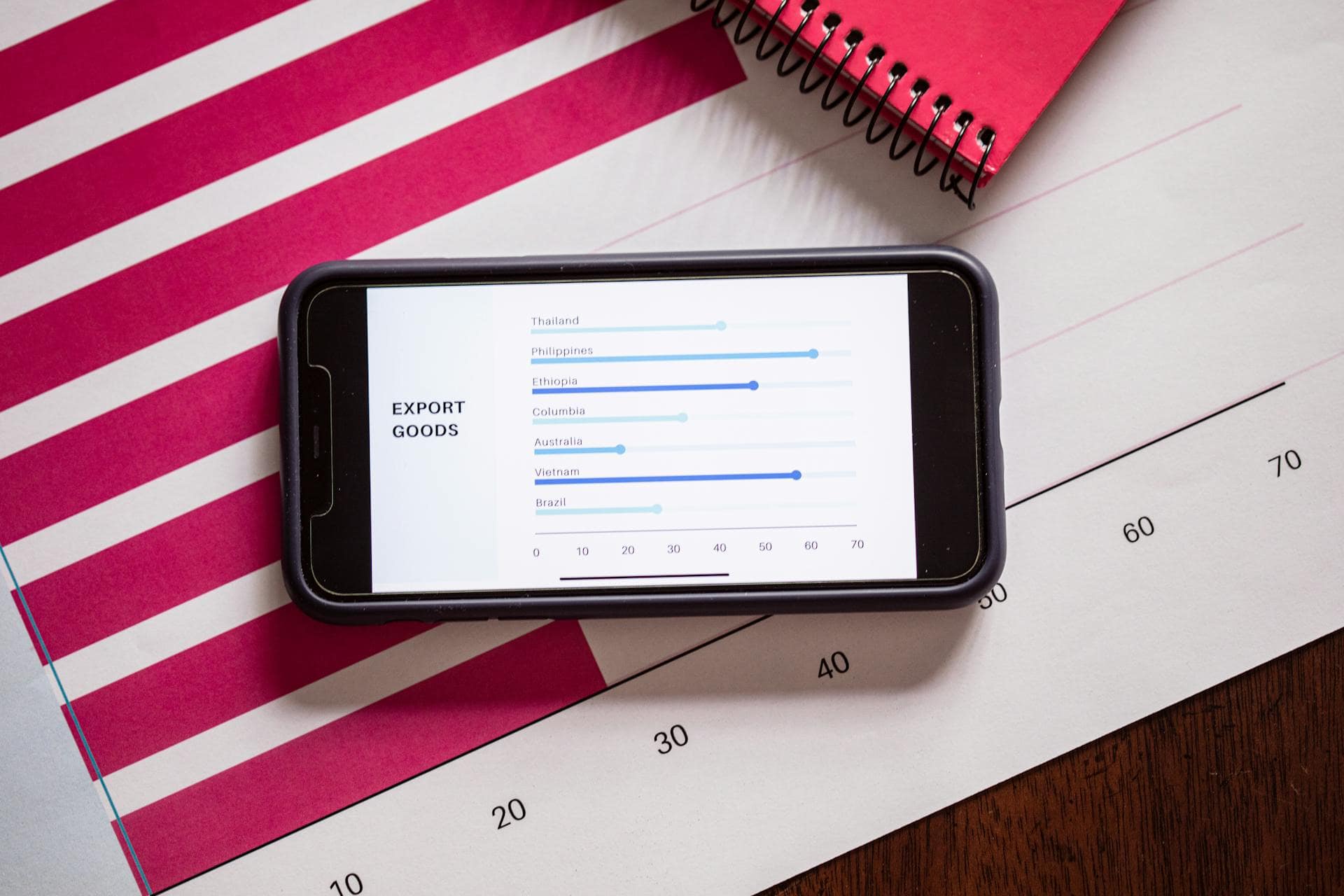Trade compliance is an ever-moving target, making it rather tricky to master. However, commitment to trade law adherence and a fine-tuned in-house compliance program can help individuals, organizations, and entities operating at all levels get on the road to compliance mastery.
Let’s outline several business compliance strategies that should be on every trader’s radar. We’ll also recommend powerful compliance tools to help traders implement these best practices.
10 Fundamentals of Trade Compliance Mastery
Defining import-export compliance best practices requires zooming in on importers’ and exporters’ operational procedures and organizational responsibilities.
Here are ten critical aspects of an effective trade compliance strategy:
1. Assigning Responsibility & Assessing Risks
The first step to establishing an effective compliance program is designating a compliance officer and perhaps an entire compliance team. This individual or team will take the lead in establishing compliance procedures and overseeing implementation across departments.
Your compliance team should conduct thorough risk assessments relevant to your organization and plan to mitigate those risks before moving forward.
2. Understanding & Adhering to Trade Laws
Trade law adherence is the overarching goal of compliance program development. Remember, there is no ‘one size fits all’ approach to trade compliance. Every region, industry, organization, and transaction is subject to different regulations issued by various agencies, requiring individual consideration.
“In order to avoid potential problems in the clearance of your merchandise, U.S. Customs and Border Protection (CBP) strongly recommends that you familiarize yourself with CBP policies and procedures prior to actually importing/exporting your goods,” advises the U.S. Department of Commerce Bureau of Industry and Security (BIS). “You should also be aware of any entry requirements specific to the particular commodity you are importing/exporting, including those of other federal agencies.”
It’s important that your compliance team zooms in on the legalities of any desired transaction, such as licensing, tariffs, duties, sanctions, and more, before proceeding and then works diligently to adhere to those laws. Stay abreast with region-specific regulations and best practices.
3. Obtaining Necessary Licences, Permits, & Authorizations
A cornerstone of trade compliance is authorization, which most often comes in the form of a license or permit.
“It is up to the exporter to determine whether the product requires a license and to research the end use of the product, in other words, to perform ‘due diligence’ regarding the transaction,” says the International Trade Administration on export licenses. “For the majority of U.S. exports, the Bureau of Industry and Security or the U.S. Department of State’s Directorate of Defense Trade Controls are the licensing agencies. Exporters should learn which federal department or agency has jurisdiction over the item they are planning to export in order to find out if a license is required.”
Exporting and importing licenses differ, and laws vary based on the type of transaction, the nature of goods being imported or exported, the destination, the end-user, and many other factors.
4. Accurately Classifying Products
Accurate product classification is essential to determining relevant authorizations, assessing tariffs and duties, and ensuring compliance. Notably, different product classification systems are used around the world, some relevant to imports while others to exports. Traders must understand which product classification system to use and how to classify their items properly.
5. Thorough Denied Party & Watchlist Screening
Traders must demonstrate due diligence by screening any potential vendors, end users, logistics handlers, business partners, and others involved in a transaction against sanctions lists, denied party lists, and watchlists. Several organizations and governing bodies issue these lists, outlining countries, organizations, individuals, and other entities that may not be a party to certain transactions. Engaging in trade with these parties is typically barred or restricted.
6. Diligent Recordkeeping
When conducting any transaction, screening, classification, or other import-export process, it is advisable to go beyond the basic legal requirements for recordkeeping.
“There are some documents that may not be required by regulation but it may be in your best interest to maintain these,” recommends BIS. “For example: Internal documentation that describes the technical decision to classify one of your items in a specific ECCN and who made these decisions, would be extremely critical to maintain in your export control records. Another example would be disputes of due diligence between you and your freight forwarder or screening that was conducted for your customers. These documents will help prove your due diligence.”
Some traders implement advanced technology, such as blockchain services, to boost operational security and efficiency while fostering trust with authorities, vendors, and consumers.
7. Consulting Legal & Compliance Experts
Consider consulting with legal experts specializing in trade compliance or with experts in the industry. Tap into their import-export rules expertise, especially when dealing with complex classification or licensing scenarios. Of course, consulting experts is an additional cost, but consider it an investment in risk mitigation that may protect you from the legal, financial, and reputational damage of non-compliance.
8. Ongoing Education & Compliance Training
Your compliance team should take the lead in pursuing and providing continual compliance training across your organization. Under compliance officer guidance, the rest of your departments will learn to be compliance-conscious.
“Regular participation in industry-related seminars and workshops can enhance knowledge, offer networking opportunities, and foster discussions on best practices and innovative solutions,” says Aftrade, a global supplier of raw materials and ingredients.
Take advantage of compliance training opportunities to foster an in-house compliance culture.
9. Auditing & Adapting Compliance Workflows
Conducting regular internal audits of your organization’s compliance program can help you identify and address any oversights before intervention by regulatory bodies. If an in-house audit reveals evidence of non-compliance, BIS has a provision for voluntary self-disclosure.
“The Bureau of Industry and Security actively encourages the submission of Voluntary Self-Disclosures (VSDs) from parties who suspect they may have violated the Export Administration Regulations (EAR). VSDs serve as a strong indication of a party’s commitment to complying with U.S. export control requirements,” explains BIS.
Regulatory bodies, like BIS, often examine and consider an organization’s overall efforts at compliance when ruling on such matters.
10. Implementing Compliance Software
Export and import compliance software equips traders with the tools they need to prioritize compliance at every step in the import-export lifecycle.
Compliance software allows traders to automate labor-intensive administrative processes, conduct more thorough screenings and audits, manage shipping and logistics, classify products, apply for licenses, create blockchains, and so much more.
Traders can use software to leverage data and gain powerful regulatory compliance insights. This data provides a roadmap for how to boost compliance by directing resources toward addressing any apparent deficiencies.
Top Software for Trade Compliance Success
OCR Services Inc. provides importers and exporters with a comprehensive platform for managing the best practices outlined above. Our end-to-end compliance software solution, Global EASE, allows traders to maximize profit-driving opportunities and security while minimizing exposure to noncompliance risks. Learn more about our trade compliance software solutions.



